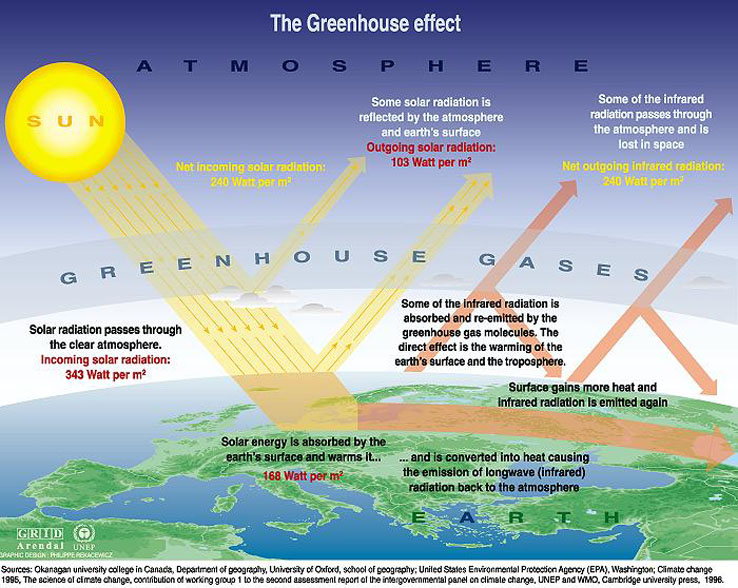The so-called hiatus in global warming will probably make no difference to the world in the long run, according to Australian scientists.
Using computer models to take the planetary temperature in 2100, they found that one set of models incorporated the slowdown, but others did not. In the end, the difference was barely significant: less than 0.1°C.
The hiatus is a measurable slowdown in the rate of increase in average global temperatures since the turn of the century.
But since, under the notorious business-as-usual scenario, average planetary temperatures in 2100 will be a predicted 5°C higher than at the start of the Industrial Revolution around 200 years ago, the conclusion is that the slowdown is fleeting.
Drastic steps
In the end, and unless the planet’s governments take concerted and drastic steps to reduce greenhouse gas emissions from fossil fuels, the outcome will be the same.
The study, the authors say in the journal Nature Climate Change, shows that the slowdown merely reflects short-term variability.
“Our research shows that while there may be short-term fluctuations in global average temperatures, long-term warming of the planet is an inevitable consequence of increasing greenhouse gas concentrations,” says Matthew England, chief investigator at the Centre of Excellence for Climate System Science at the University of New South Wales. “This much-hyped global warming slowdown is just a distraction from the matter in hand.”

